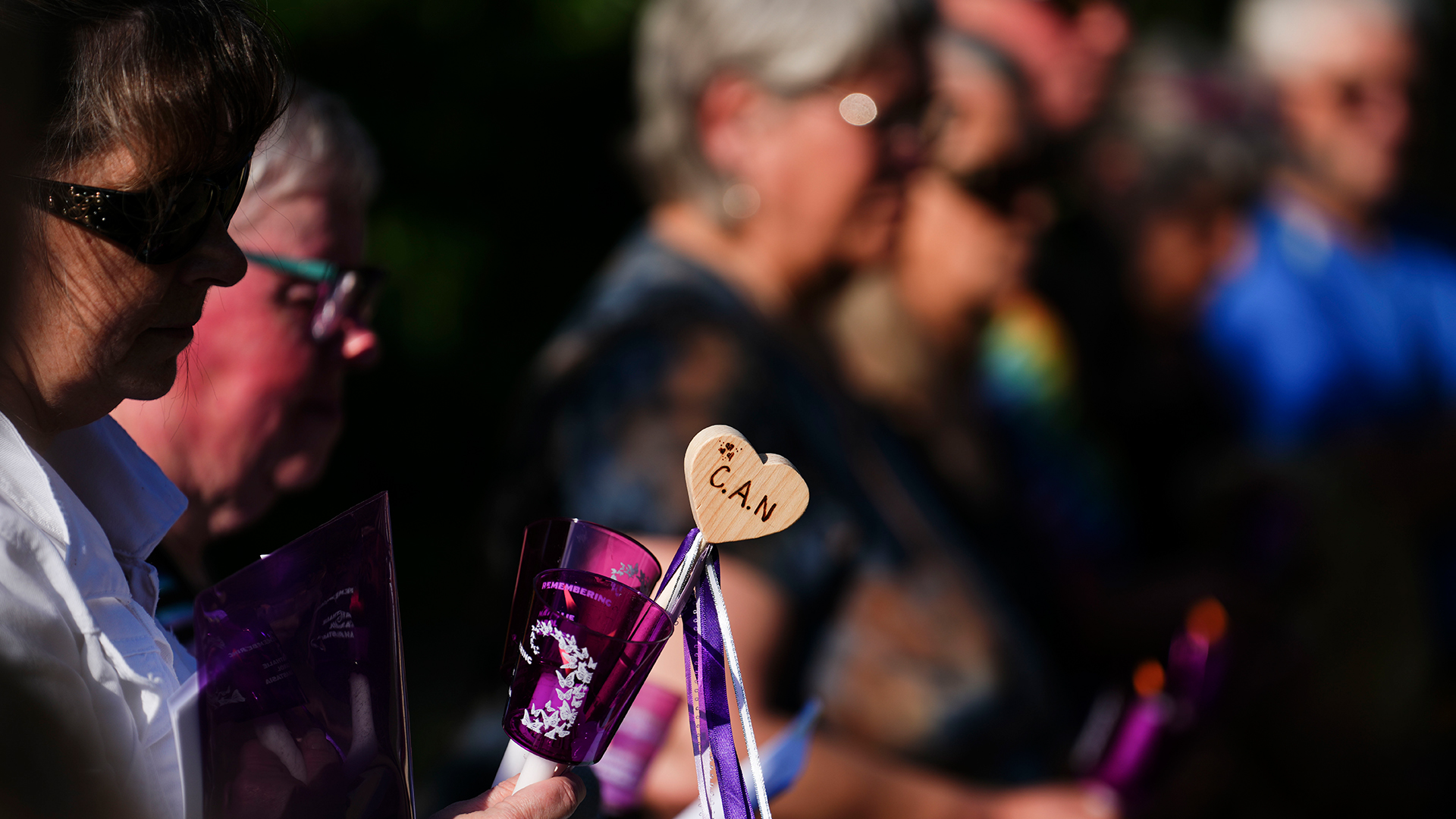A groundbreaking meeting to be held on June 20 in Halifax is likely to proceed with little fanfare. However, given the subject matter, it should be front-page news across the country.
This is, after all, the inaugural meeting of the Forum of Ministers on Human Rights – the first time in Canadian history that the ministers responsible for human rights in the country’s 14 federal, provincial and territorial governments get together to discuss, oversee and make decisions about human-rights protection in the country.
Top of the agenda should be Canada’s international human-rights obligations.
There is a widely held assumption there is a strong human rights framework in place across Canada. Most Canadians embrace and are fiercely proud of the Canadian Charter of Rights and Freedoms, which marked its 40th anniversary last year. On top of that, each of those 14 jurisdictions has adopted human- rights legislation and has human-rights commissions and tribunals in place.
Yet, there continue to be serious and entrenched human-rights failings in all corners of Canada. Look at ongoing concerns regarding the rights of Indigenous Peoples, systemic racism in policing, gender-based violence and inequality, poverty and homelessness as examples.
Some may say there is no need to bother with international human rights given that we have the Charter. But the Charter, for all its strengths, is an incomplete human-rights document. It contains no provisions to deal with many of the rights enshrined in international human-rights law – for example, those dealing with economic, social and cultural rights such as housing, health care, education, food and adequate livelihoods.
Efforts over the years by lawyers who have sought to encourage judges to interpret Charter provisions such as the right to security of the person broadly enough to encompass those essential rights have been opposed by governments and, for the most part, rejected by the courts.
That leaves a gap between international human-rights obligations agreed to by Canada and domestic measures that translate those promises into reality through law and policy.
One of the impediments – by no means insurmountable – is Canada’s “dualist” approach to international law. It generally does not recognize human rights and other international treaties as being directly enforceable unless they are incorporated in domestic legislation. There are few examples of international human-rights norms that have been incorporated into Canadian laws, and government lawyers consistently argue against efforts to use those international standards in other indirect yet meaningful ways, such as aiding in the interpretation of existing laws.
There’s also a lack of clear accountability. No government in the country has a minister of human rights. Instead, responsibility is dispersed across ministries, meaning it does not land anywhere at the end of the day.
Additionally, there is too much singular focus on the 14 federal, provincial and territorial governments when it is increasingly clear that municipal and Indigenous governments have an instrumental role to play. They are closer than other levels of government to the communities experiencing the violations and they are more likely to be innovative, responsive and effective in crafting the necessary solutions. Yet, they are rarely at the table when human rights are discussed, including this upcoming forum. They need to be.
Then there is that standard-bearer of intergovernmental dysfunction in Canada, the challenges of federalism. Yet, federalism does not have to be an inherent obstacle to protecting human rights. In fact, when approached in a spirit of collaboration and common cause, it can maximize human-rights protection. But the federalism of finger-pointing, turf battles and buck-passing inevitably obstructs these efforts. More than anything, that is what needs attention from this forum over the years to come.
In a study published by the IRPP’s Centre of Excellence on the Canadian Federation, I have outlined a proposal for a new national framework for international human-rights implementation in Canada. It is a framework focused on making federalism succeed when it comes to protecting human rights.
It starts by having all governments in the country make a public commitment that they will govern in a manner consistent with international human-rights obligations.
It includes making use of existing laws, guidelines and processes to ensure more direct compliance with international obligations by amending interpretation legislation and litigation guidelines as well as requiring governments to assess new laws so they are consistent with those obligations.
Most significantly, though, a transformative reform agenda is needed. Upholding international human rights in Canada is destined to keep falling short until it becomes a domestic legal obligation. That will be best assured by adopting international human-rights implementation laws across the country.
Gender-equal cabinets have done little so far for women and girls living with male violence
Rape myths endure in judicial decisions
Dismantling vicious cycle of poverty and systemic racism should guide justice reform
Those laws should be drafted with two core constitutional principles in mind, both of which have been embraced and upheld frequently by the Supreme Court of Canada. Co-operative federalism recognizes there needs to be flexibility in how governments collaborate across their areas of separate and overlapping jurisdiction to get the job done. At the same time, the national-concern doctrine acknowledges that there are times when the federal government is justified or even required to play a lead role in advancing the action that is needed.
There will be a temptation for the forum to advance its work by creating committees, working groups, strategies and action plans. We do that well in Canada. But while important, unless solidly grounded in law, those efforts will at best offer only an appearance of progress.
Embracing international human rights meaningfully in Canada is a win all around. It addresses glaring instances of injustice and inequality. It sets the ground for sustainable policy frameworks for dealing with such priorities as environmental protection, health care, and law and order. It also gives authority and credibility at a global level when Canada presses other governments to live up to their international human rights obligations.
The establishment of the Forum of Ministers on Human Rights needs to be the moment when the promise of the United Nations Universal Declaration of Human Rights, adopted in 1948, can fully and truly be brought to life in Canada.








